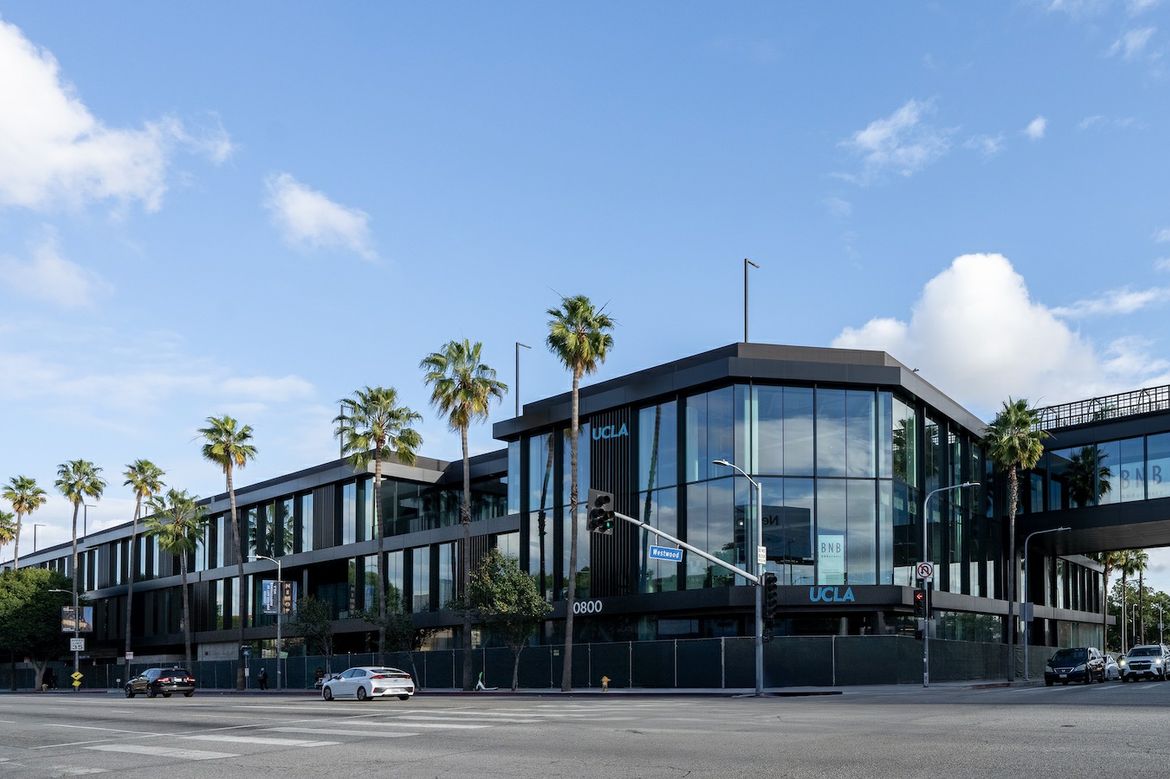
The new UCLA Research Park is made possible in part by an intended $500 million investment, with $200 million already allocated, from the state of California to establish and fund the immunology and immunotherapy institute at UCLA. The institute is also supported by a group of founding donors from the biotechnology, academic, entrepreneurship and philanthropic communities led by Meyer Luskin, Dr. Gary Michelson, Dr. Eric Esrailian, Dr. Arie Belldegrun, Sean Parker and Michael Milken.
In addition, Google — which previously leased part of the property — helped enable and support UCLA’s acquisition. Favorable real estate market conditions helped create the historic opportunity for the university as well.
“California is the epicenter of global innovation — from the creation of the internet to the dominance of artificial intelligence, humanity’s future happens here first,” said California Gov. Gavin Newsom. “Leveraging the next waves of technology and science — quantum computing and the immense potential of immunology — the UCLA Research Park will cement California’s global economic, scientific and technological dominance into the 22nd century, and beyond.”
“This purchase exemplifies the remarkable collaboration between the University of California, the state of California and our partners in the private sector,” said UC President Michael Drake. “We’re grateful to Gov. Newsom and the state Legislature for their continued support. Investments like this help ensure that the University can continue to thrive and serve people across California.”
“The California Institute for Immunology and Immunotherapy has the potential to reshape the future of science and medicine,” said the institute’s founding donors. “We are proud to join UCLA, UC President Drake, Gov. Newsom and the state Legislature in helping make California a world leader in decoding the still-mysterious workings of the human immune system and translating breakthrough discoveries into lifesaving immunotherapies. Launching a research park that joins biosciences with quantum science and engineering — as well as other emerging technologies, like next-generation artificial intelligence — is a once-in-a-generation event, and we are honored to be a part of it all.”
